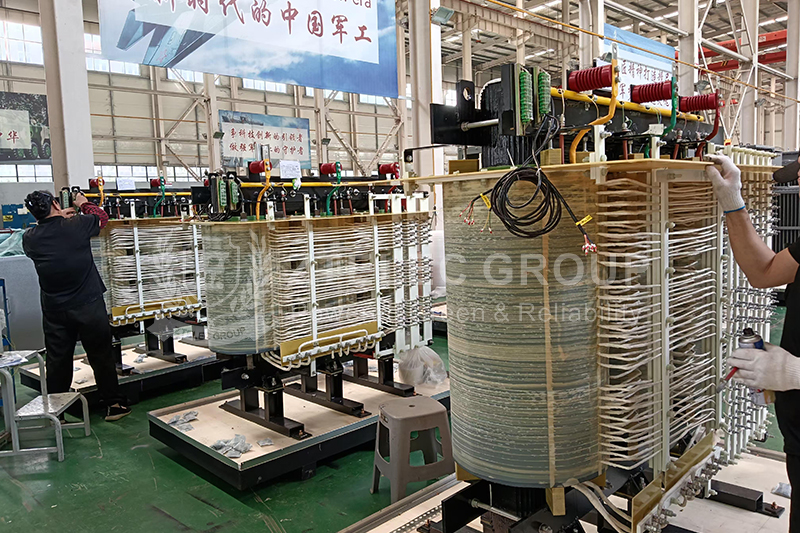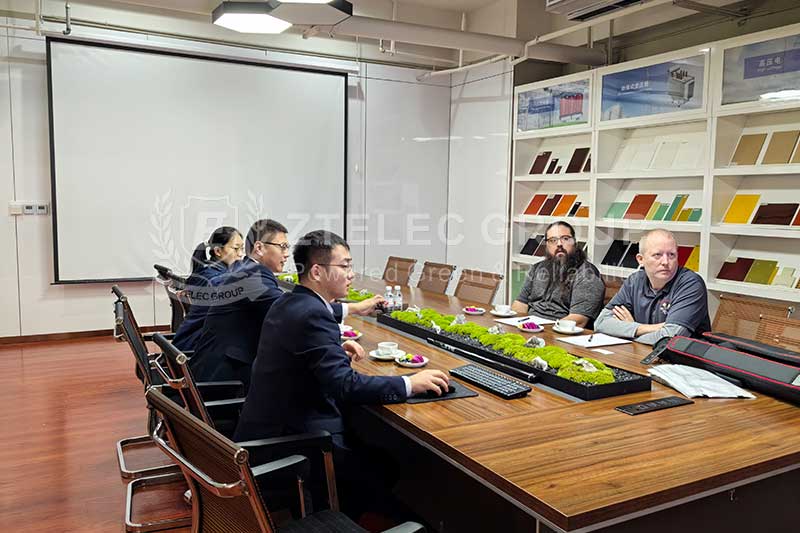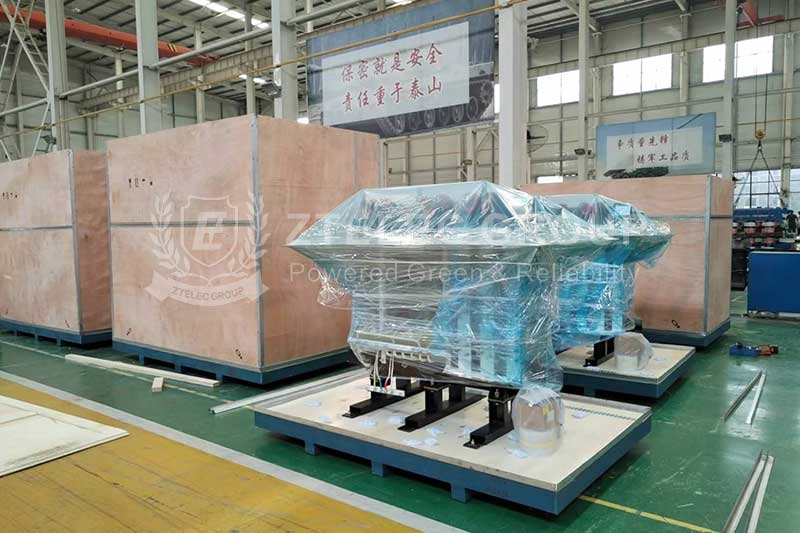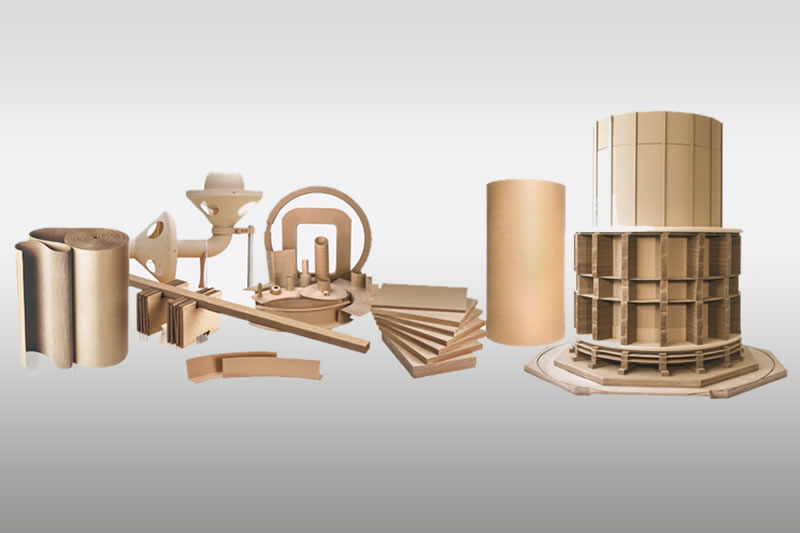Types, advantages and applications of phenolic insulation materials
2023-12-16 12:18 | By: ZTELEC-www.ztelecgroup.com | 179click
Introduction to phenolic insulation materials
Phenolic material is a composite material made of paper or fabric and synthetic resin, which has excellent properties such as physical toughness, electrical insulation and wear resistance.
Phenolic material, also known as phenolic plastic, is a composite material made by heating and pressing paper or fabric impregnated with synthetic resin. These materials are very durable and dense. Due to its exceptional properties, phenolic materials are well suited for a variety of applications, including:
electrical insulator
circuit board
Auto parts
Aerospace parts
building materials
consumer goods
Novolac and resol are the two main types of phenolic materials. Their unique properties stem from their aldehyde-phenol ratio and resin type.

1. Types of phenolic insulation materials
Phenolic board
Phenolic board for electrical insulation applications
Phenolic boards are commonly used in parts manufacturing, electrical circuits, and ballistic and storm protection equipment. There are many types of phenolic boards, each with unique properties and advantages, such as natural canvas phenolic boards, "CE" grade black canvas phenolic boards, natural LE phenolic boards and economical natural paper phenolic boards.
These boards are valued for their versatility, lightness, high and low water absorption, and resistance to a wide range of temperatures and humidity.

Phenolic rod
Phenolic rods for electrical insulation and mechanical applications
Phenolic rods are widely used in electrical insulation and mechanical applications. Some popular options include:

G-11 phenolic rod: known for its high heat resistance and long-term use in high temperature environments.
G-10 FR4 Glass Epoxy Rod: For structural, high humidity and electrical insulation applications.
CE Grade Phenolic Rod: Considered an “electrical” grade.
Phenolic tube
Phenolic pipe has a series of unique properties, such as:
heat resistance
hardness
Dimensional stability
resistance
These properties make phenolic pipe suitable for structural and electrical insulation applications. Their durability, versatility and excellent electrical performance enable applications in a variety of industries, including manufacturing, electrical and automotive.

2. Characteristics and advantages of phenolic materials
Phenolic materials have proven to be ideal for a variety of applications due to their impressive electrical insulation properties and physical toughness. Their resistance to wear, impact and corrosion sets them apart from other materials, allowing for durability and longevity in harsh environments.
Their excellent heat resistance, hardness and dimensional stability further expand their appeal for a variety of applications, making them suitable dense materials with moderate mechanical strength.
Excellent electrical performance
Phenolic materials are highly praised for their excellent electrical properties, making them a popular choice for electrical applications. They have high dielectric strength, low dielectric loss and resistance, making them ideal for insulating electrical antennas, spools and electrical equipment.
The non-conductive properties and high resistivity of phenolic materials make them a valuable resource in industries that require superior electrical insulation properties.
Physical toughness and durability
Phenolic materials are known for their strength and elasticity and are highly resistant to wear and impact due to their low phenolic resin content. They can withstand a wide range of temperatures and humidity, making them suitable for a variety of environments. In addition, they can be infused with flame-retardant epoxy resins, which enhance flame retardancy by incorporating fillers such as cotton, glass and mineral fillers, and enhance impact strength, heat resistance and stiffness.
Due to their physical toughness, wear resistance and other properties, phenolic materials are the first choice for applications that require toughness and durability.
Comparing Phenolic Material Types: Canvas, Linen, Paper, and Glass Reinforcements
Reinforcement of phenolic materials can be accomplished using different materials, each with unique properties and benefits:
Canvas: Increases mechanical strength
Linen: fine texture and easy to work with
Thesis: Cost-Effectiveness and Electrical Insulation Performance in Low Voltage Applications
Glass: high strength, low water absorption, good electrical properties
canvasphenolic resin
Canvas phenolic resin offers greater strength and durability, making it suitable for heavy-duty applications such as electrical insulation, mechanical components and structural supports. Phenolic canvas is made of canvas fabric layers impregnated with phenolic resin and cured under hot pressure. It has good strength and durability, significant wear resistance, minimal hygroscopicity and satisfactory mechanical strength.

3. Common forms and applications of phenolic materials
Phenolic materials are available in various forms such as sheets, rods and tubes to suit different applications and requirements. They are widely used for:
Industrial applications
Insulation applications
Electrical applications
Making tires to enhance traction
The production of phenolic laminates is also common due to the unique electrical, mechanical and chemical properties of these materials.
tags:insulation failure transformertransformer short circuittransformer overheatingtransformer overloadtransformer maintenance
- more+releated article
- 2026-01-04Common Power Transformer Faults: Causes, Solut
- 2025-12-312026 New Year Holiday Notice
- 2025-12-31Operation, Maintenance, and Service Life Manag
- 2025-12-30How to Select a 100 kVA–500 kVA Distribution
- 2025-12-29The Impact of NHN NMN Composite Insulation on
- 2025-12-26Practical Application of GPO-3 Insulation Boar
- 2025-12-2510kV Transformer Replacement Timeline: Install
- 2025-12-25Low Smoke EN45545 GPO3 UPGM203 Laminated Board
- 2025-12-24Merry Christmas — ZTelecgroup Christmas Cele
- 2025-12-24How to Select a Suitable 50kVA–500kVA Distri





